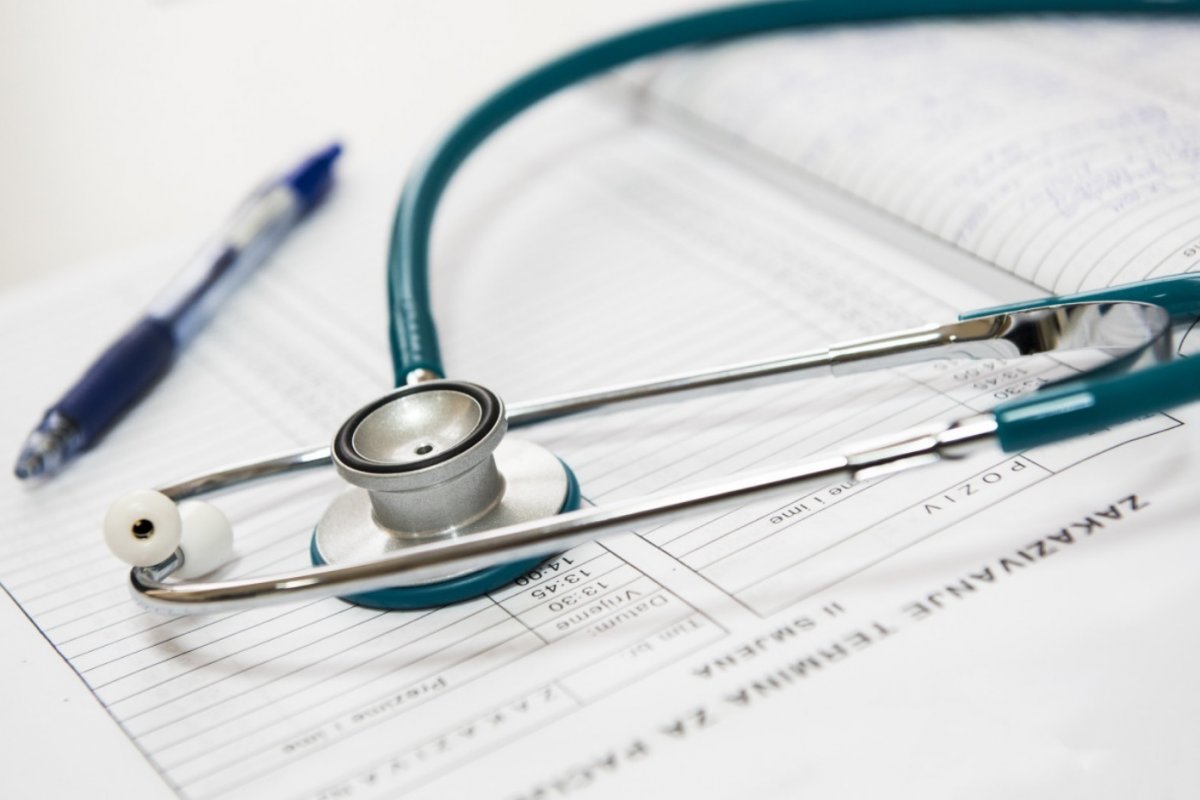
Caring for heart health is an important part of maintaining the overall well-being of the body. To assess the functioning of the cardiovascular system and identify possible problems, the doctor may recommend certain tests and studies. In this article, we'll look at which heart tests to get and why they're important to your health.
CBC
CBC provides valuable information about your health. Elevated red blood cells may indicate poor circulation, and elevated white blood cells may indicate inflammation. In addition, this analysis allows you to determine the level of cholesterol and glucose in the blood, which is important for assessing the risk of cardiovascular disease.
Blood chemistry test
Blood chemistry tests measure the levels of various substances and enzymes that may indicate the presence of cardiovascular problems. For example, the level of platelets can indicate the presence of thrombosis, and the level of creatine kinase (CK) and troponin – the possible damage to the heart muscle.
Lipidogram
A lipidogram, or lipid analysis, is a measurement of the level of fats in the blood. High levels of total cholesterol, low-density lipoprotein (LDL) and triglycerides can increase the risk of atherosclerosis and cardiovascular disease. At the same time, high levels of high-density lipoprotein (HDL), known as “good” cholesterol, are considered to be beneficial for heart health.
Inflammatory marker analysis
Inflammation is one of the key causes of cardiovascular disease. Analysis of inflammatory markers such as C-reactive protein (CRP) and interleukin-6 (IL-6) can help a doctor identify the presence of inflammatory processes that can affect heart health.
Electrocardiogram (ECG)
An electrocardiogram is a method of recording the electrical activity of the heart. It allows you to evaluate the rhythm and heart rate, as well as detect possible anomalies, such as arrhythmias or disturbances in the conduction of signals in the heart.
Echocardiography
Echocardiography is an ultrasound examination of the heart, which allows you to evaluate its structure and function. With the help of this study, you can identify the presence of heart defects, evaluate the operation of valves, the size and thickness of the walls of the heart, and also determine the volume of blood that is ejected by the heart with each contraction.
Exercise test
Exercise test exercise, such as bicycle ergometry or a treadmill test, is performed to evaluate the response of the heart to exercise. This test can help detect abnormalities that can only show up with physical activity.
Screening for hereditary risk factors
If you have a family history of heart disease, your doctor may recommend screening for hereditary risk factors. This may include genetic tests to detect the presence of certain genes associated with the development of cardiovascular disease.
Coronary angiography
Coronary angiography is an invasive procedure that allows you to evaluate the condition of the coronary arteries of the heart. During this procedure, the doctor inserts a catheter into an artery and injects a contrast agent that allows you to see obstructions or bottlenecks in the arteries that can lead to coronary heart disease.
Getting tested to check your heart is an important step in taking care of your health. These tests help the doctor assess the functioning of the cardiovascular system, identify possible problems and take the necessary measures to treat and prevent them. Early detection and treatment of heart disease can significantly improve prognosis and quality of life.
Advertising. Kra23gKXa
